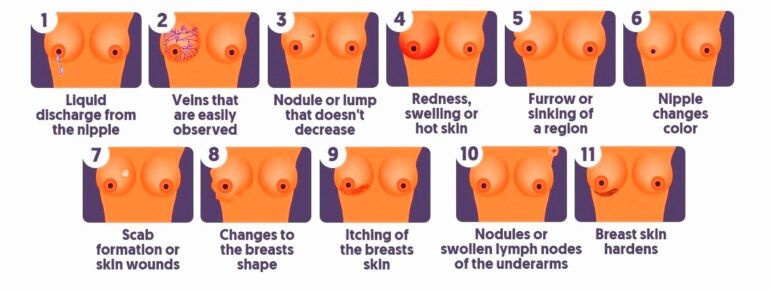- Transplant
- Medical
- Cosmetics
- Transplant Packages
- Medical Packages
- Cosmetic Packages
- Hospitals
- Hotels
- Blog
- About Us
- Agents
 English
English
- Transplant
- Medical
- Cosmetics
- Transplant Packages
- Medical Packages
- Cosmetic Packages
- Hospitals
- Hotels
- Blog
- About Us
- Agents
 English
English
- Transplant
- Medical
- Cosmetics
- Transplant Packages
- Medical Packages
- Cosmetic Packages
- Hospitals
- Hotels
- Blog
- About Us
- Agents
 English
English




